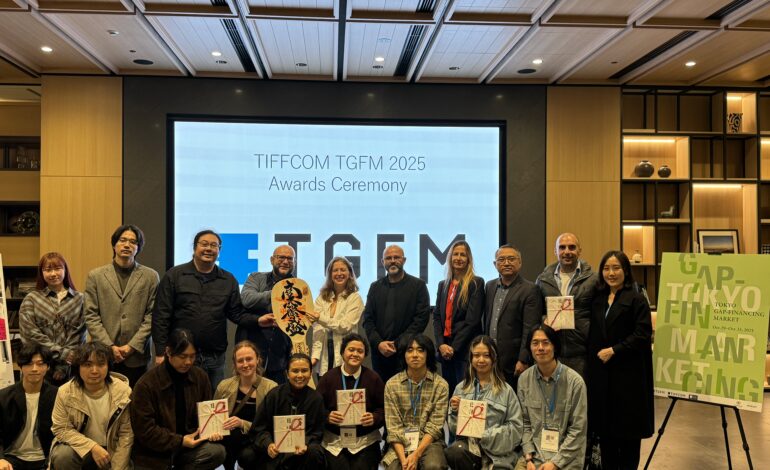Kamila Andini’s ‘Four Seasons in Java’ Triumphs at Tokyo Awards

Indonesian filmmaker Kamila Andini achieved significant recognition for her latest project, Four Seasons in Java, at the inaugural Tokyo Gap-Financing Market Awards held on March 15, 2024. This event, part of TIFFCOM, the market arm of the Tokyo International Film Festival, awarded Andini’s film with two prestigious prizes, underscoring its impact and appeal.
The film received the Tokyo Projects Award, which carries a cash prize of JPY2 million (approximately $13,225), and the Kongchak Award from Cambodia-based Kongchak Studio, offering sound post-production services valued at $25,000. Four Seasons in Java is a magical realist drama addressing the complexities of progress and power dynamics in contemporary Indonesia. Currently in post-production, the film previously showcased at the Venice Gap-Financing Market.
The narrative centers on Pertiwi, a woman returning to her village after spending over a decade in prison for killing a young man in an act of self-defense against attempted rape. Her return coincides with the introduction of electricity in the remote community, creating a poignant clash between modernity and personal trauma that Andini describes as reflective of recurring themes in daily life.
While presenting the award, Paolo Bertolin, a jury member and the festival director, praised the high quality and diversity of the submissions, noting the challenge in selecting a standout project. He emphasized the significance of the Southeast Asian projects, highlighting their creative richness and the maturity of filmmakers tackling sensitive topics with sincerity and powerful storytelling.
In addition to Andini’s achievement, the Asian Gen-Z Award, worth JPY500,000 (around $3,305), was awarded to Filipino director Don Josephus Raphael Eblahan for his sci-fi western film, Hum. The plot follows a young veterinarian who discovers her unique ability to communicate with animals in the aftermath of a catastrophic earthquake. This talent proves essential as she aids her community in preparing for potential aftershocks while navigating a new relationship with another individual possessing the same skill.
Moreover, a special mention for the Asian Gen-Z Award went to Andrea Benjamin Manenti for his debut feature I Have to Fuck Before the World Ends. This coming-of-age comedy traverses between Italy and the Philippines, depicting a Filipino-Italian teenager named Ren who seeks independence during a family wake while a powerful typhoon approaches Manila.
The White Light Award, providing post-production services valued at $25,000, was presented to the Japanese-Taiwanese co-production Polaris, directed by Seta Natsuki. Set against the backdrop of a bar in Ni-chome during a winter night, the film explores the lives and connections of women from various backgrounds as they share their stories in a poignant examination of identity and human relationships.
These awards not only spotlight the creativity emerging from Southeast Asia but also highlight the increasing recognition of diverse narratives within the international film community.





